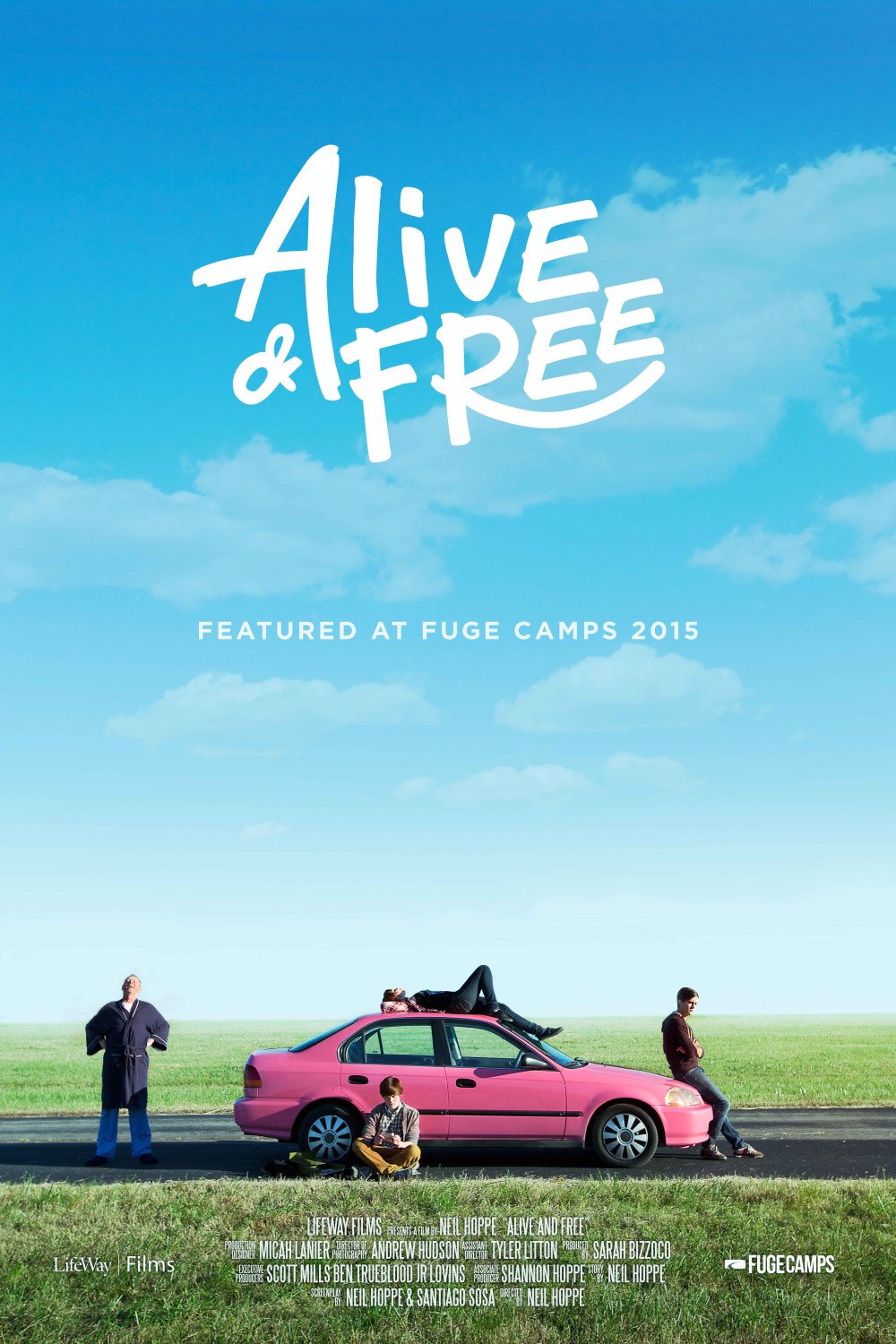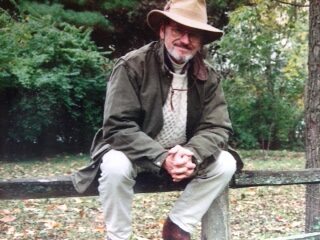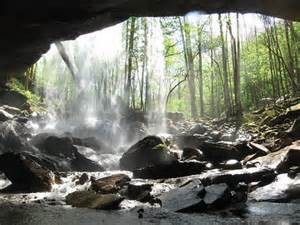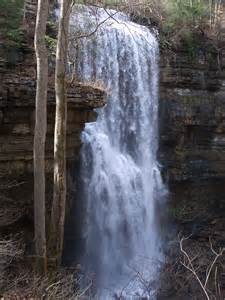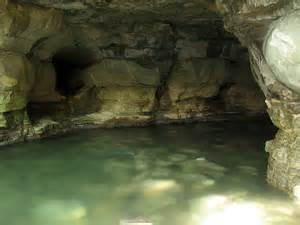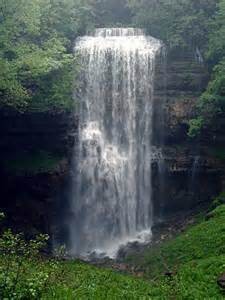The One is Not
Where did I put my wallet? I can’t remember where I left my purse. Have you seen my cell phone? Little things lost, yet important, not for the intrinsic value of a wallet, purse, or cell phone (insert brand name of your choice here), but because of what they contain…identity, real and imagined. If lost or stolen who are you?
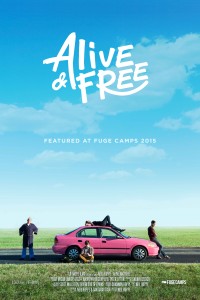
When Kay and I have traveled, domestic and foreign, she drives and I navigate. I use maps, landmarks, and road signs, not G.P.S. I take pride in that applicable life skill, doing the work myself and not have Siri do it for me. But on occasion, I have gotten us lost. It was only temporary, and while a little unnerving in the moment, who better to be lost with than your best friend. That’s adventure. And yes, when all else fails, I stop to ask directions from other human beings who have always been happy to oblige.
The only time I do not like being lost is on stage. When people who have paid good money watch as you perform with your fellow actors and you suddenly lose your line. That is terrifying. Drop me in the wilderness with a compass, map, and some water, but God help me if I forget my lines while on stage in the middle of a performance.
The sense of loss or being lost can be discombobulating. I don’t know why I relate this particular childhood memory with the feeling of being lost, but when I was thirteen or so, I looked at the world around me and wondered why I was put in this particular microcosm at this particular time because I believed I was nothing like the people around me, even my family. I assumed if I had not come from outer space, I must be adopted. One rainy morning Dad drove me on my paper route instead of me riding the bicycle I used to deliver papers, and I asked him if I was really his son. He stopped the car and looked at me; stopping the car and looking at me, his face a mixture of pity and consternation, meant the world had come to a standstill and I was the center of his attention. A feeling of dread crept up my spine as I awaited his answer.
“You are flesh of my flesh, and I have the paper to prove it.”
What a relief it was when he removed my birth certificate from a metal box on the top shelf of a storage closet and read aloud the details of my birth that included my full name, my father and mother’s full names, the full name of the attending physician, the full name of the registrar, and the embossed official seal of the state of Tennessee at the bottom left corner of the page. I was lost, but now I was found.
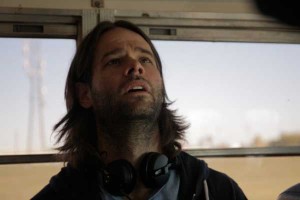
In the fall of 2014 I acted in a film written and directed by Neil Hoppe entitled “Alive and Free.” The story synopsis in a publicity package reads: “The day their mom disappeared, life at the Wilson house stopped. Imprisoned by the utter lack of closure, the family has spent years adrift in the numbness that followed her absence. After ten years, the sons, Matt and Josh, embark on a search for their mother that will push them further than they thought possible, in search for the answers that broke their family.”
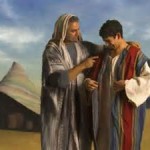
“Disappeared” is the key word in the synopsis. The Mom/Wife vanishes without explanation, not died, not ran away, not abducted, but disappeared…“the one is not.” In reading Avivah Gottlieb Zornberg’s book, “The Beginning of Desire, Reflections on Genesis,” I came across the Hebrew word, einenu (the one is not) in reference to the story of Jacob, a patriarch of ancient Israel, who was told by his deceitful sons that Joseph, his favored son, was killed by a wild beast. As evidence they produced Joseph’s bloodstained robe, not Joseph’s body. This news left Jacob bereaved, which as Zornberg explains, can mean that Jacob believed his son was dead, but can also mean in this case a feeling of, “an absence, a distance, shimmering with perplexities and possibilities.”
In “Alive and Free” the father and sons of the Wilson household are bereaved, and in their bereavement, all deeper communication between them becomes impossible. Fathers and sons can have difficulty communicating on multiple levels for far less reasons than the disappearance of a wife and mother. At the start of the film we witness the individual and collective emotional and spiritual effects on the two sons and their father as a direct result of the disappearance of the wife/mother. The patriarch Jacob began to behave irrationally from the moment he heard that his son Joseph became “the one is not.” The father and sons in “Alive and Free” experience their own moments of irrationality. The sudden absence of the one you love with no explanation as to why throws the family into a state of turmoil, and gradually father and sons drift into their separate worlds of equal parts despair and hope; one despairs at the sudden absence, yet one hopes there might be a sudden return.
Nature abhors a vacuum. The quote is attributed to Aristotle, but others have coined the phrase over the last two millennia. The truth remains: a vacuum created by the absence of the wife/mother must be filled, first by desire, a desire to fill the void, then a plan of action to seek “the one is not.” And so, in well-crafted storytelling fashion, we have a road trip with the two brothers, the older brother’s would-be girlfriend, and the girlfriend’s grandfather. The grandfather, who has suffered the loss of his spouse, immediately empathizes with the boys’ far-fetched quest to search for their mother and is willing to risk everything to help them. That’s the power of the story, the willingness to risk everything to find “the one is not.”
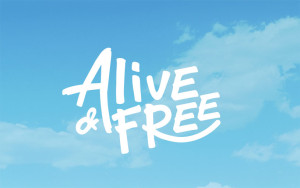
Do they find her? Is it a happy ending? Is the relationship between father and sons healed? Well, you will just have to wait until the film is released. But in the meantime, visit the “Alive and Free” website.

